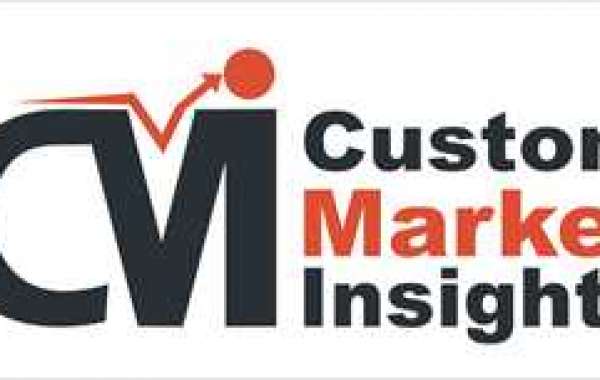What Are the Current Challenges in Outsourcing Pharmaceutical Manufacturing?
In 2024, outsourcing pharmaceutical manufacturing has become crucial for companies aiming to increase efficiency and lower production costs. However, this trend comes with notable challenges. One of the primary concerns is ensuring quality control across external partners, especially as new companies enter the market. Regulatory compliance adds to the complexity, with companies needing to manage varying standards in different regions.
Leading companies like Pfizer and Moderna are using Contract Manufacturing Organizations (CMOs) to scale production but face logistical hurdles in maintaining the consistency of products across facilities. Technologies like blockchain are becoming essential in tracing the product journey, ensuring transparency, and mitigating quality issues. For example, Pfizer has partnered with tech firms to use blockchain for supply chain verification, minimizing counterfeit risks in outsourced facilities.
How Is Personalized Medicine Transforming Pharmaceutical Manufacturing?
The rise of personalized medicine is revolutionizing pharmaceutical production, shifting from mass production to highly individualized treatments. Personalized medicine, often enabled by AI and advanced data analytics, allows manufacturers to create drugs tailored to specific genetic profiles, which improves patient outcomes and reduces side effects.
Companies like Roche and Novartis are leading in this area, leveraging AI-driven systems to analyze genetic data, enabling targeted production processes. Roche has adopted machine learning algorithms to optimize biomanufacturing processes, adjusting for specific biological markers in patient groups. This approach helps in precise manufacturing while reducing waste, as production aligns more closely with patient-specific needs. Advanced diagnostics using IoT-enabled devices also allow manufacturers to predict patient responses, a feature Roche is integrating into its production pipeline.
What Are the Latest Strategies in Supply Chain Management for Biologics?
Biologics, known for their complexity and sensitivity, demand robust supply chain strategies to maintain stability throughout the product journey. The pharmaceutical manufacturing market is adopting new strategies for biologics, including dual-sourcing, inventory management, and advanced logistics supported by real-time data tracking. Johnson & Johnson has implemented AI-powered logistics to monitor and manage biologic shipments, ensuring conditions remain optimal during transport. This technology helps reduce spoilage and maintains drug efficacy.
Another game-changer is the use of IoT in supply chain operations. IoT sensors are used extensively by companies like Amgen to monitor environmental conditions such as temperature and humidity, which are crucial for biologics. These sensors provide real-time data to logistics teams, allowing for rapid adjustments that protect product integrity.
How Are Digital Innovations Improving Efficiency in Pharmaceutical Manufacturing?
Digital transformation is accelerating in pharmaceutical manufacturing, as companies seek to improve efficiency, reduce costs, and streamline operations. Industry leaders like Merck and GlaxoSmithKline (GSK) are at the forefront, implementing AI, automation, and data analytics across their production lines.
For instance, Merck uses digital twins – virtual replicas of physical production processes – to test and optimize workflows without disrupting actual production. This innovation has allowed Merck to significantly reduce downtime and predict maintenance needs in advance. GSK is focusing on automation, using robotic systems for repetitive tasks, which minimizes human error and speeds up production. Additionally, real-world data (RWD) and analytics are reshaping the landscape by offering insights into drug efficacy and patient outcomes. By analyzing RWD, companies can adapt manufacturing processes to create more effective drugs.
| For more info. | Market Research | Related Report | Pharmaceutical Manufacturing Market |
| Single Cell Analysis Market | |||
| Transcatheter Aortic Valve Replacement (TAVR) Market |









